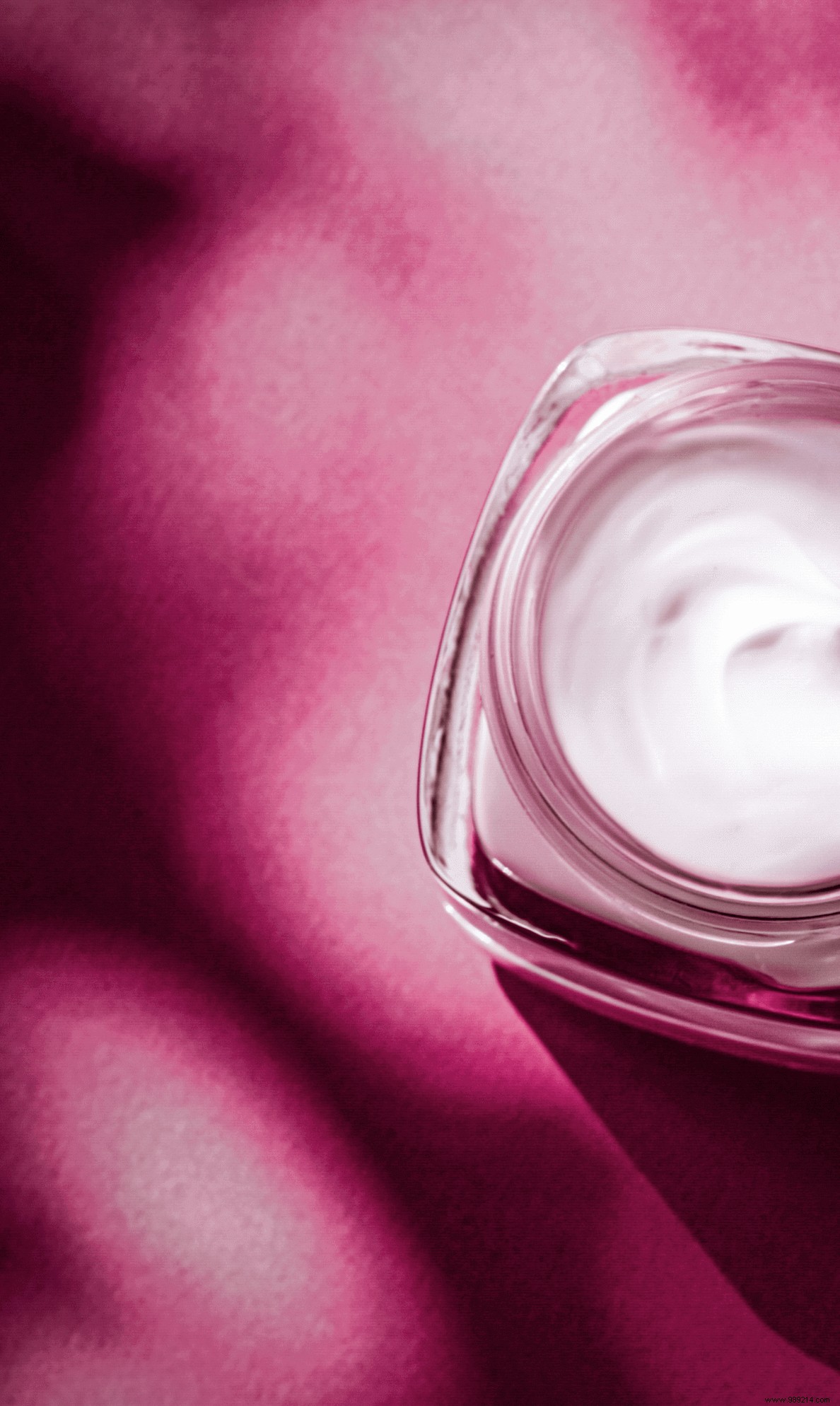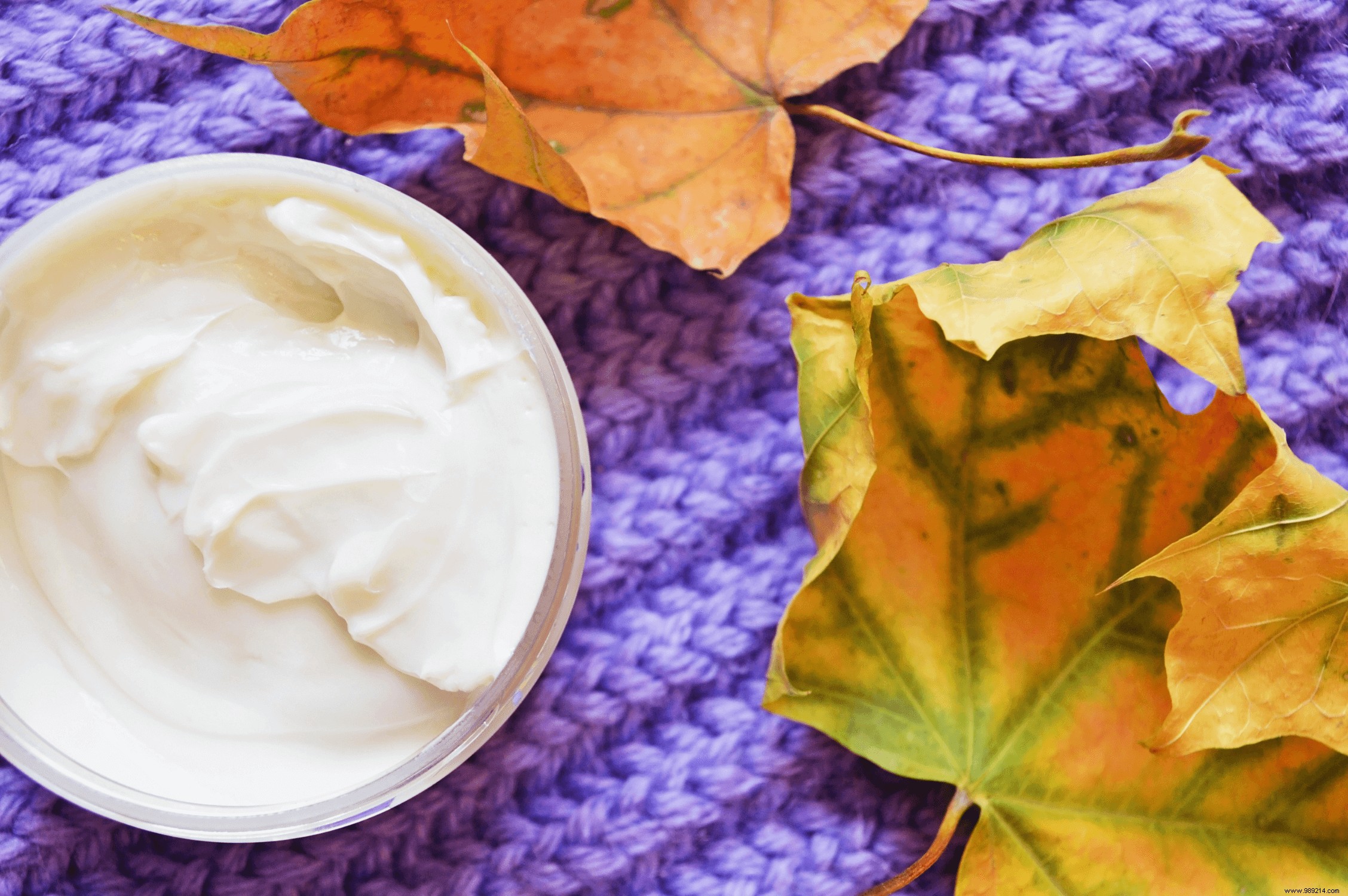Is your skin dry and sensitive? Do you regularly suffer from itching, red patches or eczema? You probably have an atopic profile . What is atopic skin ? Very fragile, it is characterized by hypersensitivity allergens, pollution or chemicals. What causes atopy ? In recent years, the evolution of our lifestyles and the transformation of our environment have led to an increase in cases of dermatitis or other skin diseases. How to take care of atopy-prone skin ? Creams, soaps, detergents, etc. this type of epidermis requires specific products!

Skin is qualified as " atopic " or " atopic-prone " when it is extremely fragile. It is characterized by altered skin barrier individuals affected. Dry and damaged , the skin is more vulnerable and no longer protects the body from external aggressions. Pollution, allergens, temperature variations, it has an increased sensitivity which results in a strong response of the immune system . This reaction causes the appearance of redness, itching or oozing on certain parts of the body.
Very common in infants and young children, this pathology can manifest itself from the first months after birth. atopic dermatitis is a chronic disease that is accompanied by symptoms that have a significant impact on those affected. Insomnia, increased sensitivity, desquamation, fatigue, etc. they can have serious consequences on their daily life.
The term "atopy" refers to a hereditary predisposition to develop allergies. Generally, it is due to the presence of a genetic factor present in one of the two parents. Indeed, some studies have shown that 50-70% of people with atopic skin have a hereditary history. However, genetics is not the only cause of this type of pathology. Aggravating parameters can also be related to the environment such as:
In practice, the alteration of the structure of the epidermis in people with atopy decreases the effectiveness of the cutaneous barrier . Permeable, the skin allows allergens, pollution, bacteria or pathogens to pass through. At the same time, the strong response of the immune system results in allergic or inflammatory reactions. Note that certain allergenic foods (dairy products, nuts, eggs, etc.) can also trigger eczema .

Atopic skin is characterized by the appearance of symptoms whose severity varies from one individual to another. It may be redness , eczema, itching, oozing, dry skin, etc. Most of the time, they intensify with scratching . If it can have a considerable impact on daily life, this chronic disease remains benign and is not contagious.
Over time, atopic profiles may develop other allergy-related symptoms such as asthma, rhinitis or conjunctivitis. When it is too severe, the itching can cause oozing that can lead to superinfection. Finally, the poor healing of the epidermis is likely to leave lesions on the skin.

Having atopic skin is accompanied by a high vulnerability to the external environment . Permeable, it is more sensitive to allergens and other pathogens. Thus, to protect the most fragile epidermis, the first step is to favor organic products , formulated from ingredients of natural origin . Creams, makeup, shower gels, soaps or shampoos, it can be interesting to opt for cosmetics that respect your health. Elements to avoid include parabens, sulfates, alcohol, synthetic fragrances and essential oils.
On the clothing side, prefer non-irritating materials and limit leather, silk or wool. For laundry, the easiest way is to do it yourself. Thus, you have the possibility to control the composition by selecting your ingredients. Washing balls are also very effective! Finally, if you are used to using a fabric softener, you can replace it with white vinegar, which is more natural. In addition, discover all our tips for soothing sensitive skin!

Very vulnerable, the atopic profiles need specific care. The application of a moisturizer suitable for sensitive skin soothes the most fragile skin. Certain cosmetics enriched with fatty acids, hyaluronic acid and glycerin help restore the structure of the skin. Nourished and hydrated, it once again plays its role as a skin barrier and protects the body from pathogens . For even more effectiveness, prefer products formulated with natural ingredients .
One of the most common symptoms in atopic profiles is skin dryness . To soothe the epidermis, it is advisable to use emollient soaps and shower gels. In practice, this type of product softens the tissues by providing them with the nutrients they need. Nourished and hydrated, the skin is visibly softer.
The moisturizing properties of vegetable oils are ideal for treating dermatitis. Rich in omega 3 and 6, they repair the structure of the epidermis and soothe sensitive skin. Thanks to their exceptional composition, they provide the nutrients essential to the well-being of the body. Here are some examples of vegetable oils particularly suitable for atopic skin :
Rosehip oil, chia oil or Touloucouna oil also work wonders on atopic epidermis . Be sure to seek advice from your doctor or specialist before use.

Have atopy-prone skin is characterized by extreme dryness which can be accompanied by itching, redness, irritation or even eczema. Particularly sensitive , it requires specific care. The application of a moisturizing cream enriched with essential fatty acids repairs the structure of the epidermis. In the shower, emollient soaps or shower gels soften the skin. Finally, the exceptional properties of vegetable oils restore the cutaneous barrier . Better protected, the body is more resilient to external aggressions!